Wendy Cope Phone Number, Fanmail Address, Autograph Request and Contact Details
If you want to know about Wendy Cope’s real phone number and also look for Wendy Cope’s email and fanmail address then, you are at the correct place! We are going to give you the contact information of Wendy Cope like her phone number, email address, and Fanmail address details.
Wendy Cope Contact Details:
REAL NAME: Wendy Cope
NICKNAME: Wendy Cope
DOB: 21 July 1945 (age 77 years)
BIRTHPLACE: Erith, United Kingdom
NATIONALITY: American
BIRTH SIGN: Cancer
PROFESSION: Poet
FATHER: Not Known
MOTHER: Not Known
SIBLINGS: NA
SPOUSE /WIFE : Lachlan Mackinnon (m. 2013)
CHILDREN: NA
INSTAGRAM: https://www.instagram.com/w_cope/
TWITTER: https://twitter.com/wendypcope
FACEBOOK: https://www.facebook.com/public/Wendy-Cope
YOUTUBE CHANNEL: NA
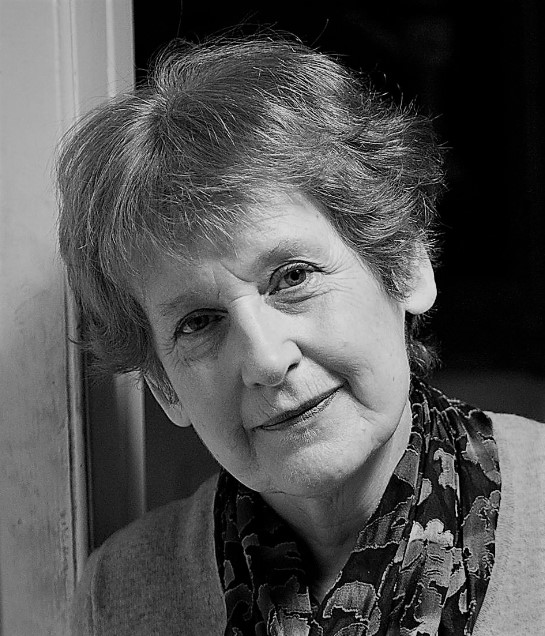
Wendy Cope Bio
Wendy Cope’s parents often read poetry to her when she was growing up in Kent, England, where she was born. She attended Oxford University for her teacher training after earning a Bachelor of Arts degree in history. Prior to the publication of her debut collection of poems, Making Cocoa for Kingsley Amis, Cope spent several years working as a teacher in elementary schools (1986). In the UK alone, tens of thousands of copies of the compilation were purchased, attesting to its phenomenal commercial success.
Additionally, it highlighted Cope’s outstanding abilities for parody, word play, agility with conventional forms, and the use of comedy to approach serious subjects. The poet and literary critic A.M. Juster said in the Los Angeles Review of Books that “one needs to go back to Byron to find a poet as consistently funny, wide-ranging, and technically brilliant as Cope.” Juster made this statement about Cope. Among Cope’s books of poetry are those titled Serious Concerns (1992) and If I Don’t Know (2001), the latter of which was a finalist for the Whitbread Poetry Award.
Two Cures for Love: Selected Poems 1979–2006 was published in 2008; Family Values was released in 2011; Christmas Poems was released in 2017 and is a compilation of new and previously published poems centred on the holiday of Christmas; and Anecdotal Evidence was released in 2018. (2018). She is the author of the prose collection Life, Love and the Archers (2015), as well as two works for children titled Twiddling Your Thumbs (1988) and The River Girl (1991). Additionally, she is the editor of various anthologies, including The Faber Book of Bedtime Stories (1999).
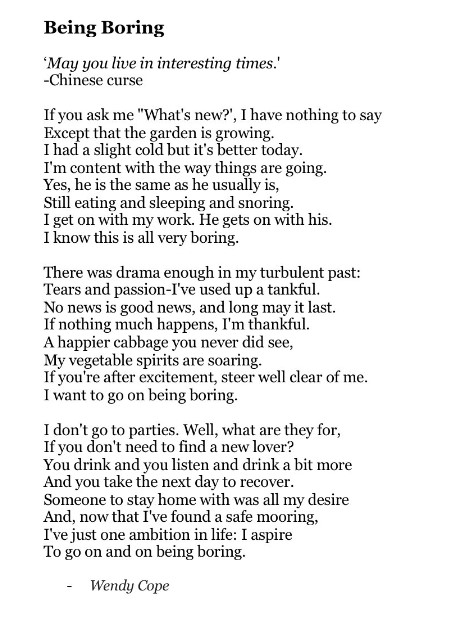
In the year 1945, Wendy Cope was born in the county of Kent, which is located in the south-eastern region of England. She received her degree from the history department of Oxford University, where she studied as a member of the woman’s St. Hilda’s College. Following her graduation from college, Wendy Cope spent the next 15 years of her life working as a teacher in a kindergarten class. The American Academy of Arts and Letters honoured Cope with both the Cholmondeley Award and the Michael Braude Award for Light Verse. She was presented with an Order of the British Empire in the year 2010. She resides in Winchester, which is located in England, and is a Fellow of the Royal Society of Literature.
She started working with the British weekly daily “The Spectator,” with whom she cooperated from 1981 all the way up until 1990, and she became one of the editors of the London journal “Contact” in 1981. Five years later, she became that publication’s correspondent. In 1987, Wendy Cope was honoured with the Cholmondeley Award for her achievements. She was honoured with the Michael Braude Award the following year, 1995. She was invited to become a member of the Booker prize jury in 2007. The year 2010 was the year when she was promoted to the rank of officer of the Order of the British Empire.
The ethereality of poetic lines and the imperfection of form are what lure readers to Wendy Cope’s poetry. The poetess owns and deftly uses the complete contemporary poetic range, from rhythmically checked triolets, sonnets, pantones, and other rigid verses’ material all the way up to a free verse. In addition, Cope enjoys playing around with different shapes: in the poem “Triolet in nine lines,” she violates the canon, and in the poem “Attempt of a free verse,” she depicts a transition from written rhythmic poetry to a blank verse and a free verse.
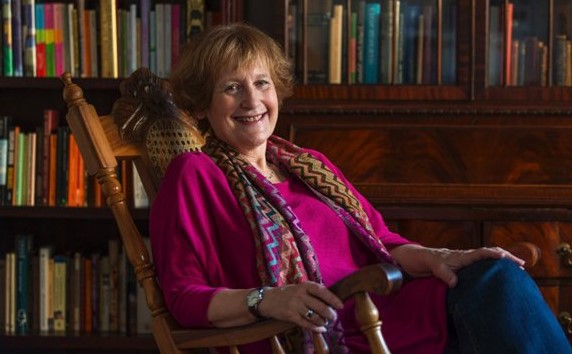
Her few somber lyrics stand out even more clearly in contrast to the overall sardonic tendencies that run across the majority of Cope’s poetry. There is a poem by Wendy Cope titled “Lonely hearts” that is one of them. This passage may be interpreted to mean that it is difficult to find someone to love. In addition to this, it provides a description of the kind of person who has a lonely heart. The individual is aware that it is difficult to find someone to care for or love via the posting of an advertising; nonetheless, he continues to do it because he wants to be successful. And it’s possible that he’s grown weary of anticipating the affection of a lady who will suddenly materialize out of nowhere.
because he wouldn’t think twice about dating a Jewish lady who already had a child or even one who was bisexual. He does not restrict the number of people in his life’s trajectory who will adore him. In another interpretation, the poem may depict a person’s want to discover the one with whom they would spend the rest of their life and enjoy it with. The fact that the phrase is repeated several times indicates that the individual will not give up until he achieves his goal, regardless of how challenging it may be. The poem manages to be both sarcastic and heartbreaking all at once. This is the laughter that a guy who has suffered loneliness in the turbulent life of a major city has found through his tears.
Wendy Cope is a modern English poet. She was born on July 21, 1945 in London. She attended Oxford and studied history at St. Hilda’s College. She is now married to the poet Lachlan MacKinnon and lives in Ely. Cope was educated at Farrington’s School in Chislehurst, also located in Kent. He was born in Erith, which is now a part of London (now also in London). After receiving her degree from St. Hilda’s College, Cope worked as a primary school teacher for the subsequent fifteen years. In 1981, she was given the position of Arts and Reviews editor for the magazine Contact published by the Inner London Education Authority.
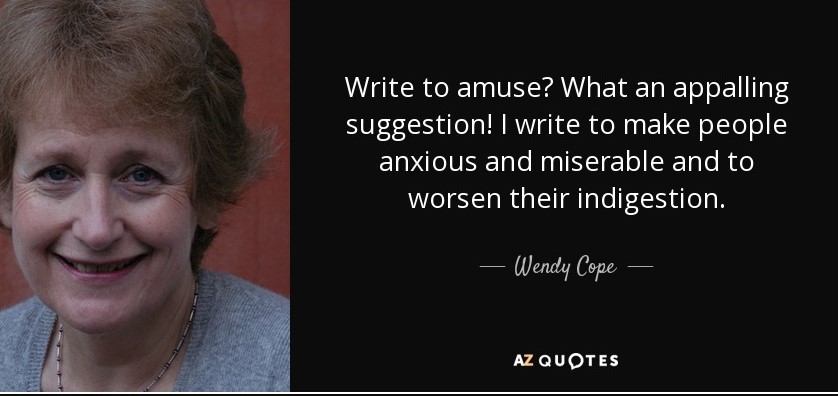
After another five years, she transitioned into the world of freelancing and worked as a television reviewer for The Spectator magazine until the year 1990. Making Cocoa for Kingsley Amis was released in 1986, Serious Concerns was published in 1992, If I Don’t Know was published in 2001, and Family Values was published in 2011. These are the four volumes of her adult poems that have been published. She has also served as an editor for a number of collections of humorous poems and as a judge for the Man Booker Prize in 2007. In a poll conducted by BBC Radio 4 in 1998, the audience selected her as their preferred candidate to replace Ted Hughes as Poet Laureate. 2009 marked the conclusion of Andrew Motion’s tenure as Poet Laureate of the United States.
Cope was once again thought of as a popular candidate, despite the fact that she is of the opinion that the office ought to be eliminated. Poet Laureate duties were taken up by Carol Ann Duffy when Motion stepped down. During the Birthday Honours in 2010, Cope was bestowed with the title of Officer of the Order of the British Empire (OBE). The British Library made the acquisition of Cope’s collection in April 2011, which included manuscripts, school reports, and 40,000 emails, making it the biggest email archive the library had acquired up to that point. In addition, there are 67 poetry notebooks and unreleased poems included in the files. Cope stated “I was looking for a suitable location for my collection of documents.
The time was determined by the fact that we had to relocate, and as a result, we required some money to purchase a house in addition to the space that we needed. Therefore, now was the time. When I approached Andrew Motion for advice on what I ought to do, he suggested that I speak with someone at the British Library. I had my doubts about whether or not people would want it, but they did.” Researchers will be able to use the archive after it has been properly catalogued and organised to house the collection.
By keeping her explanations lighthearted and to the point, Cope cleverly allows the poems to speak for themselves in their own unique way. This CD is a magnificent display for the emotional and technical dexterity that has made her work so much appreciated. It has a substantial selection from all three of her books, and it is a beautiful presentation for that dexterity. Regarding some of her more recent work, Wendy Cope has penned the following note:
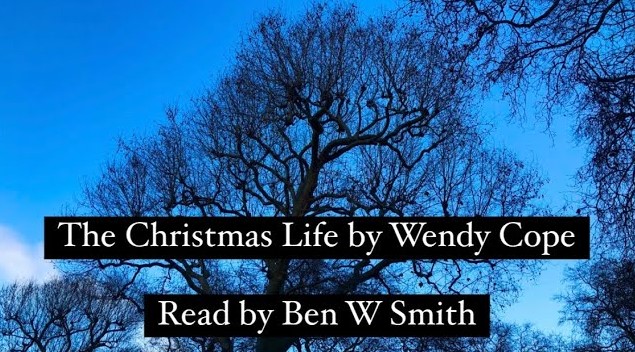
“Since my last recording for the archive in 2005, I have released one new book of poetry, and I am near to finishing the second. That collection is titled Family Values (2011). Some of the poems on this brand-new recording are taken from the book, while others haven’t been gathered anywhere else as yet. The satirical nature of the title, “Family Values,” may not have been communicated to all customers who purchased the book; as a result, some customers may have been dissatisfied with their purchase. There are quite a few poems that are about my childhood, which is a topic that I was able to write about with more freedom when my mother passed away in 2004.
In addition, the book contains two sequences that were commissioned specifically for other projects: The Audience was composed for the Endellion String Quartet, and An ABC of the BBC was commissioned specifically for a show on Radio 4. The album includes readings of two poems from from each of the sequences. The Shakespeare Birthplace Trust is responsible for commissioning two of the uncollected poems that are featured in this volume. Both of these poems were written specifically for the commission. I was given the task of coming up with some poems to commemorate the 400th year of Shakespeare’s passing. The remaining items are a random assortment. John Cage, Jesus, the Archbishop of Canterbury, a broken piano, and a high school get-together are the topics of this article. I don’t see a common thread here.
When I compare the two lists of poems, “recent” and “less,” one thing that jumps out at me is that a proportionately less number of poems from the “recent” category make use of rhyming forms. I have no intention of giving up on conventional forms, particularly the Shakespearean sonnet, since I continue to have a deep affection for them. Having said that, having the ability to do the other thing has always been something that has been very important to me. Because there are others who maintain that there is no such thing as free verse, I will not refer to it in that manner. I’m not sure what to name it, but I hope that some of these poems show that I’m capable of doing it.
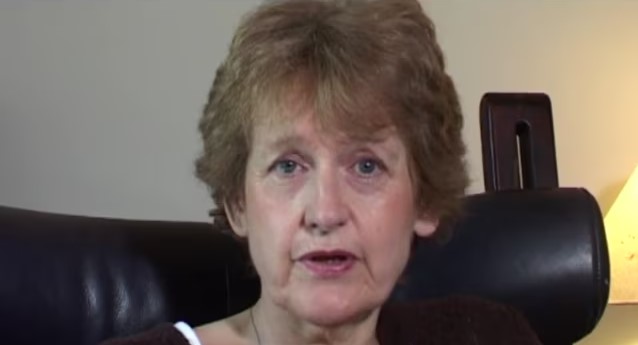
(1990) When I was twenty-seven years old and living in the early 1970s, I started composing poetry. The first poems I ever wrote were brief, lyrical, and emotionally strong. A good number of them were written in free verse, while others were haiku. There was not even one that rhymed. They did not have any humorous elements. After nearly six years of writing poetry, I finally started incorporating my sense of humor into them. I made up an awful South London poet whose name was Jason Strangely. He composed Shakespearean sonnets on the difficulties of being a middle-aged writer, and the poems were written in the rhyming couplet form. He was also inspired by some of the poets who were active during his lifetime, and under his name, a series of parodies of contemporary poets was produced.
Around the same time, I started taking an interest in employing rhyme and the many traditional types of rhyming. At initially, the majority of the poems in this collection focus on literary themes. After that, I started writing more personal poems, many of which were about my romantic relationships, using rhyming patterns. (1995) My first full-length collection, Making Cocoa for Kingsley Amis, is generally considered to be a happier book than my second collection, Serious Concerns. Those who consider it to be a collection of comedic poetry are missing out on a significant percentage of the book’s material, despite the fact that it contains a good number of hilarious poems.
Through the character of Strugnell, Cope sends up in a lovely way the norm of British anti-intellectualism, which she dissects with the precision of a razor in her novel Cope’s Strugnell. It is encouraging to see such rebellious content get such praise from the community. After completing work on Making Cocoa for Kingsley Amis Cope, he went on to write two collections of poems in addition to a book geared for youngsters titled Twiddling Your Thumbs. One booklet, titled Does She Like Word-Games?, was printed by Anvil Press in a professional manner, but the second booklet, titled Men and Their Boring Arguments, was published by Wenham Press in an unprofessional manner. (Cope’s work deserves better.) Both of them have poems that are acerbic and precisely constructed.
| Wendy Cope | |
|---|---|
| Phone Number | NA |
| House address (residence address) | Erith, United Kingdom |
| Official Website | NA |
| Snapchat Id | NA |
| Whatsapp No. | NA |
| https://www.instagram.com/w_cope/ | |
| https://www.facebook.com/public/Wendy-Cope | |
| Spotify | NA |
| https://twitter.com/wendypcope | |
| TicTok Id | NA |
| Email Address | NA |
| Office address | NA |
| Office Number | NA |
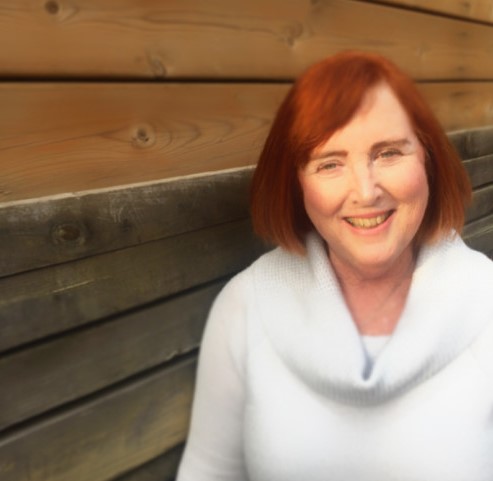
Best Methods to Contact Wendy Cope:
It is simpler to contact Wendy Cope with the below-written contact ways. We have composed the authenticated and verified communications methods data as given below:
1. Wendy Cope TikTok: NA
Wendy Cope has TikTok Account is on her own title name. Her is posting her videos regularly. Follow Wendy Cope on TikTok and also get the latest updates and video recordings from her account.
2. Wendy Cope Instagram: https://www.instagram.com/w_cope/
Instagram is the most used social media platform. You will get a bio of each and a very famous personality over Instagram. Even you can make contact with them through direct messages by using it. Likewise, you can utilize Instagram to see the Wendy Cope Insta profile and her latest pictures.
3. Wendy Cope Facebook: https://www.facebook.com/public/Wendy-Cope
Facebook is also the most famous social media platform. You can get the bio of each and every famous personality on Facebook. You can also contact them through direct messages. Likewise, you can use Facebook to see Wendy Cope’s Facebook profile and her new pictures.
4. Wendy Cope Twitter: https://twitter.com/wendypcope
It is simpler to find and contact famous personalities by using the popular social media app Twitter. You can tweet using her Twitter id so that he could view your tweet and reply back to you with relevant answers.
5. Wendy Cope Phone Number, House Address, Email
Here we discuss the most common contact methods like the phone number of Wendy Cope, email address, and her fanmail address.
Phone number: NA
Email id: NA
Wendy Cope Fanmail address:
Wendy Cope,
Erith, United Kingdom
Read Also: Cardi B Phone Number, Fanmail Address, Autograph Request and Contact Details